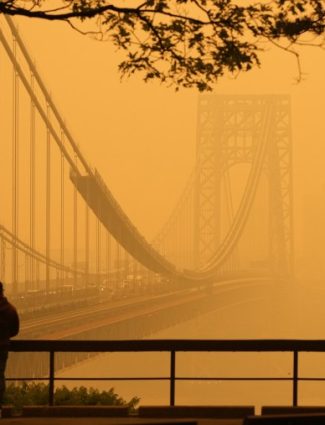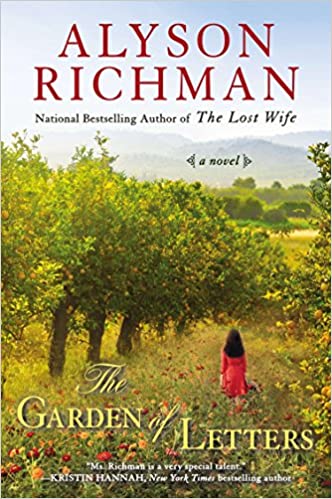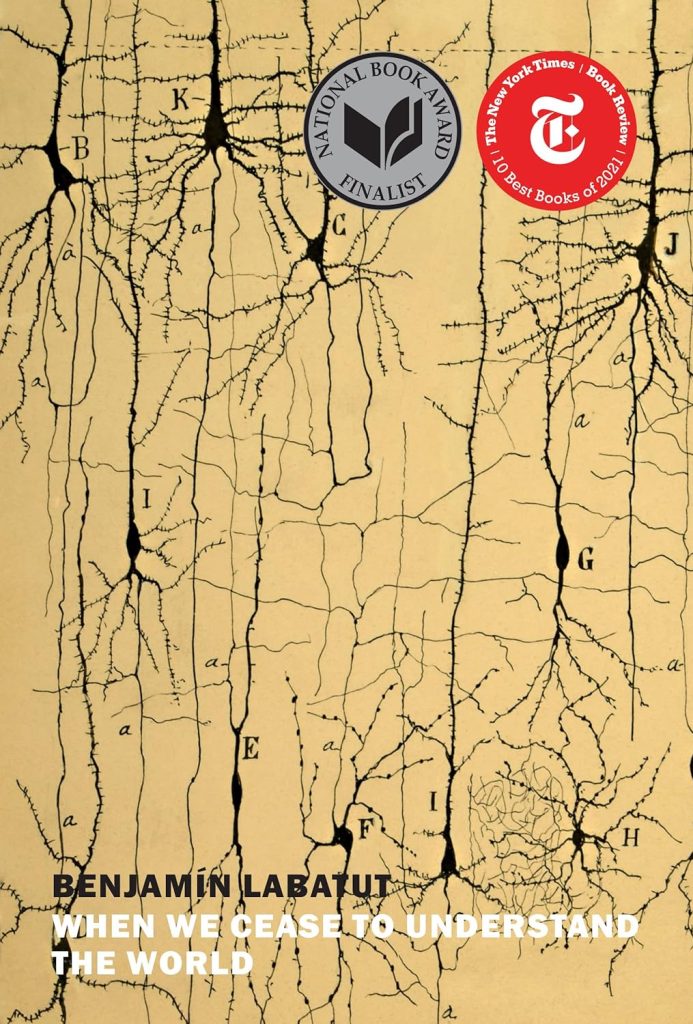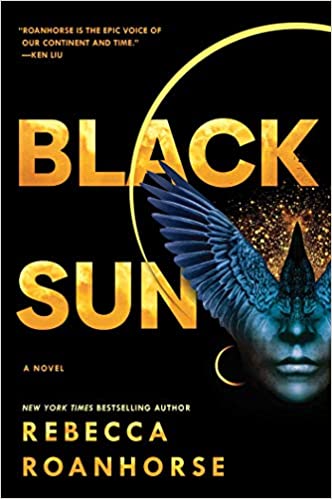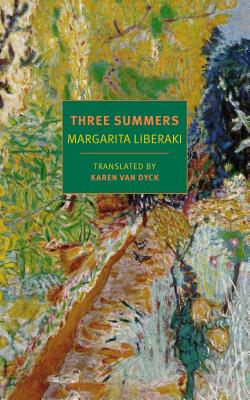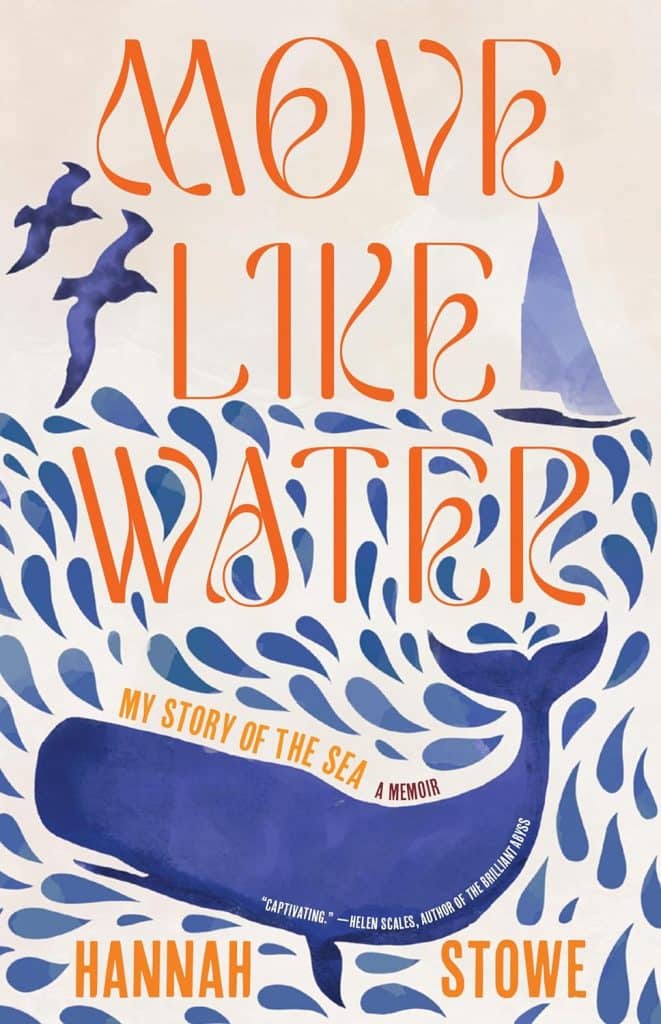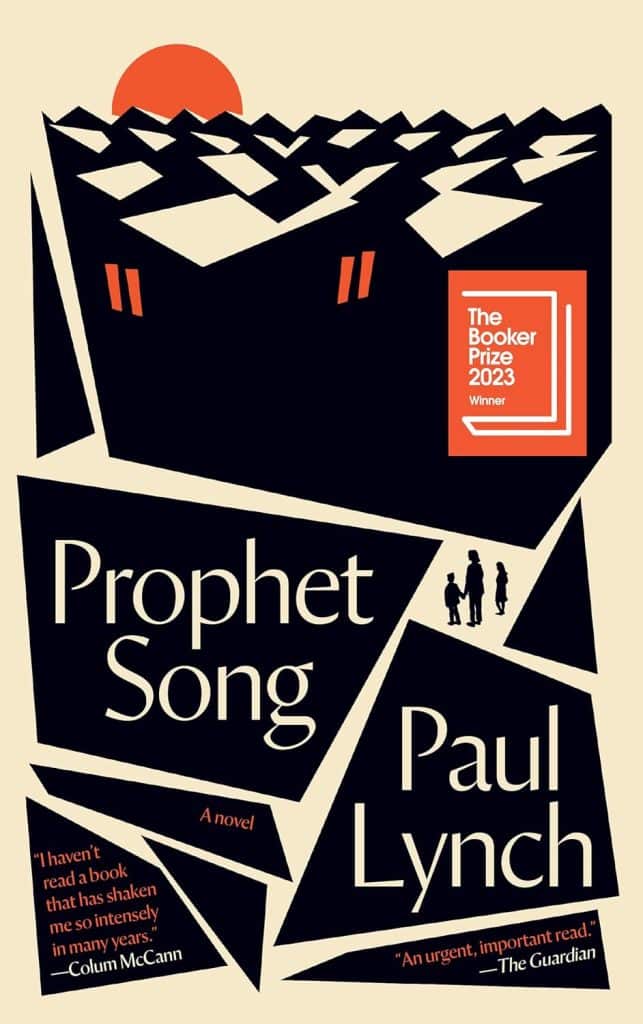
Why Did the Birds Not Go South?
Our Feathered Friends are Warning Us to Act on Climate Change
Estimated reading time: 0 minutes, 47 seconds
During my regular walk in Nomehegin Park, I crossed the five-mile mark and came across Peter, a familiar face with a keen interest in weather patterns. Although he is not a certified meteorologist, we often discuss the weather. As we walked and talked, Peter drew my attention to the sound of Robins chirping in the nearby trees. I was puzzled because it was still early February, and Robins are known to migrate to warmer regions during the winter. I expressed my confusion to Peter, who told me that some migratory birds did not migrate this year. He further highlighted that birds better understand the climate than humans, and we should pay more attention to their patterns. Peter referred to those who often make derogatory comments about birds having tiny brains. As we concluded our conversation on a warm and sunny morning, we both concurred that birds are an essential indicator of climate change and should be treated respectfully.

The Fingerprints on Chile’s Fires and California Floods
Our Feathered Friends are Warning Us to Act on Climate Change
Estimated reading time: 0 minutes, 47 seconds“Both the floods and the fires reflect the extreme weather risks brought on by a dangerous cocktail of global warming, which is principally caused by the burning of fossil fuels, and this year’s El Niño, a cyclical weather phenomenon characterized by an overheated Pacific Ocean near the Equator.”
Please read the full article.


